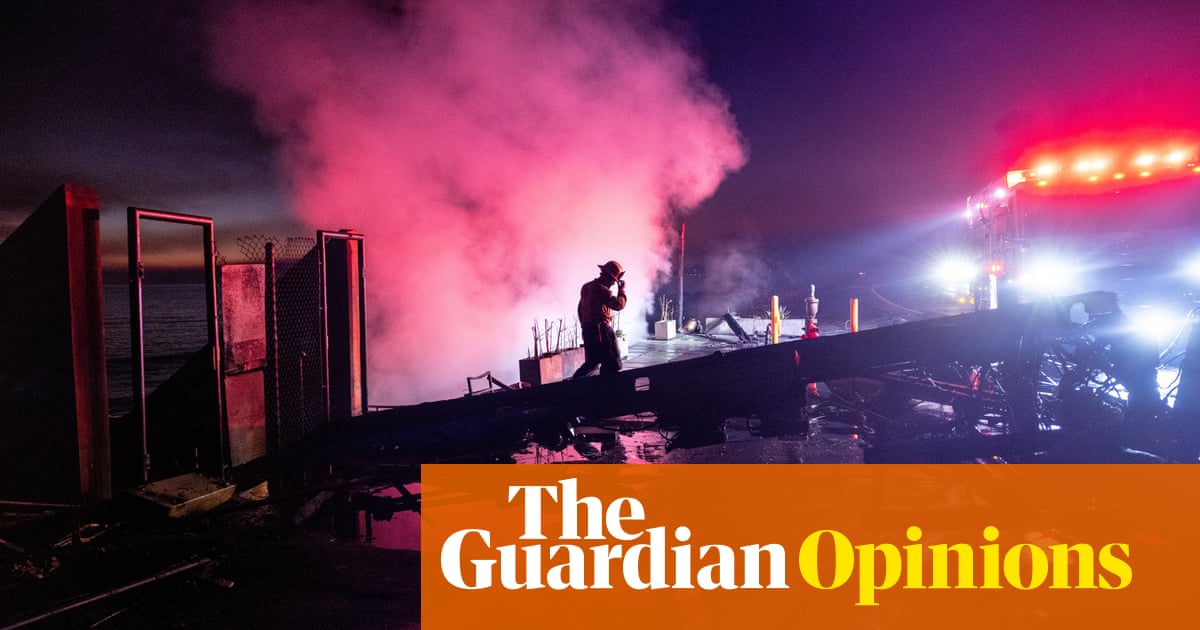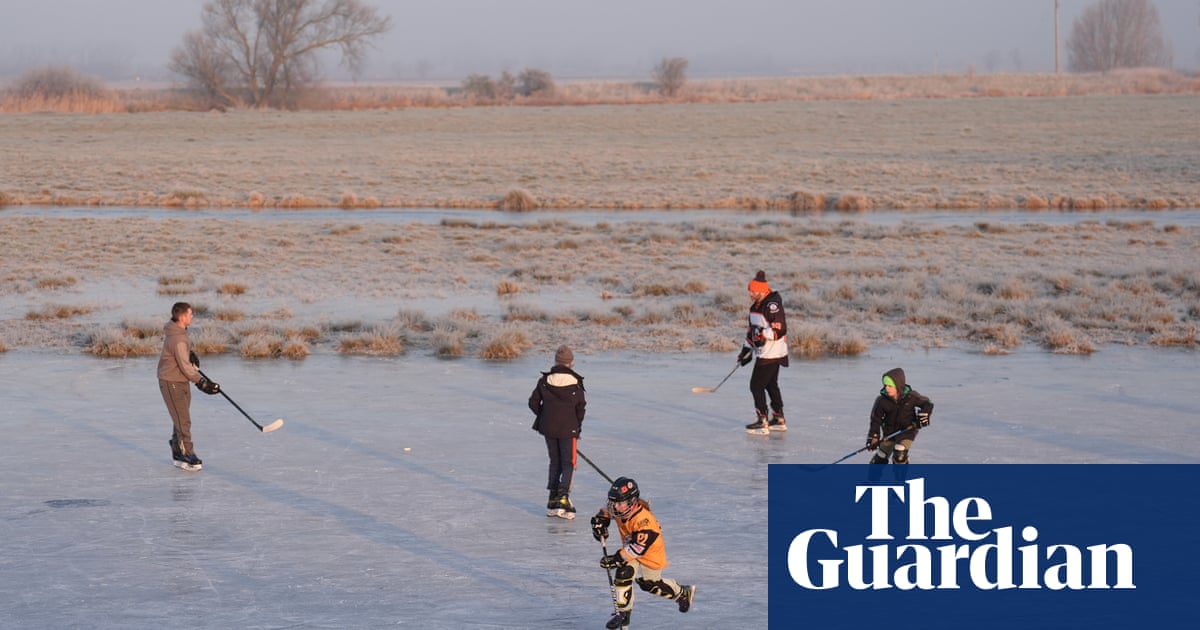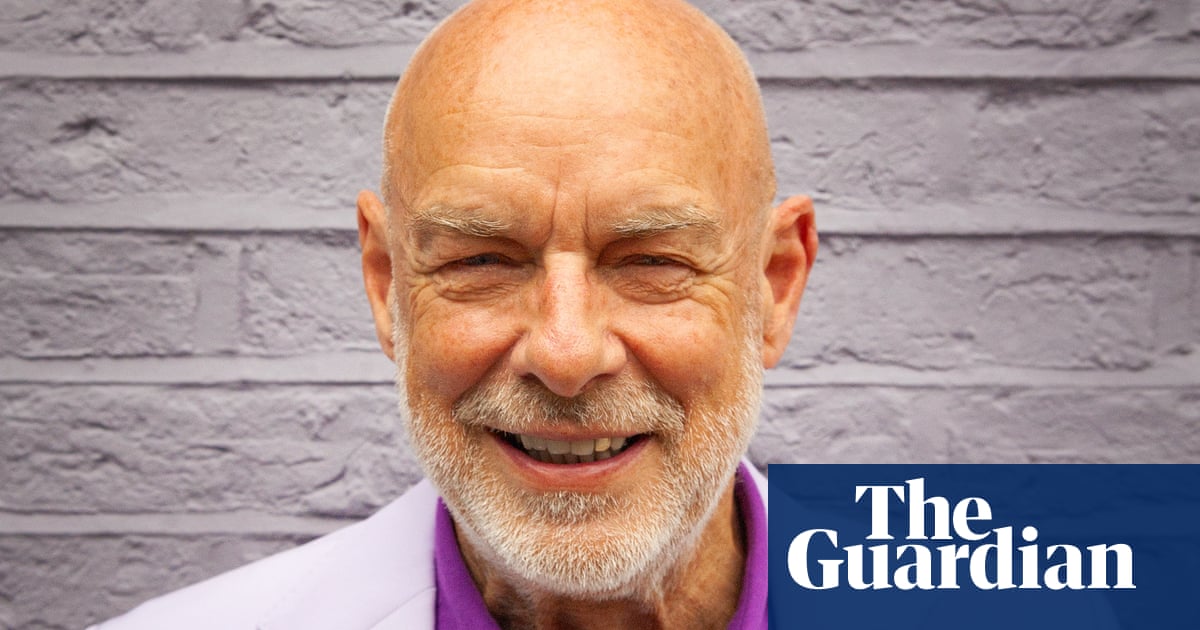The EU’s top official in migration has said she is concerned about the bloc’s visa policy that allowed nearly 450,000 Russians to visit Europe last year.
Ylva Johansson, who is standing down as the EU’s migration and home affairs commissioner at the end of the month, told journalists the EU’s Russian visa guidelines might need to become “a bit sharper”.
In 2023, states in Europe’s border-free Schengen zone issued 448,890 visas to Russian nationals, a drastic reduction after the full-scale invasion of Ukraine, but, Johansson said, still “a significant number, so that concerns me”.
She is apprehensive about potential security threats in the context of mounting cases of sabotage and espionage, including arson attacks, the posting of incendiary devices, and an assassination plot targeting the head of a German defence company.
Speaking to MEPs in September, Johansson said the EU member states were confronted daily by the Russian threat: “This is not the time to be soft on security, potentially undermining the security of the entire Schengen area,” she told the parliament.
Following Russia’s full-scale invasion of Ukraine, the EU froze a visa-facilitation deal with Moscow, leading to an 89% fall in the number of Schengen visas issued to Russians when compared with 2019, before Covid disrupted international travel.
Russians used to be the largest group of successful applicants for Schengen visas, but they have fallen behind the citizens of China, Turkey, India, and Morocco.
But travel has yet to dry up. In 2023, Italy, France, Spain and Greece, countries with large tourism industries, processed more than 80% of visa applications from Russia.
The figures are likely to anger central and eastern European governments that pushed for a ban on Russian tourist visas in 2022, which France and Germany resisted.
Johansson said she had initiated a review of the Russian visa guidelines, although it would fall to her successor, Magnus Brunner, to decide.
She said there were “huge differences” in the issuance of Russian visas, and the review would need to find out whether member states implemented the guidelines in the same way. She suggested changes to guidelines were likely: “Does this call for, you know, some revision? That’s my guess. But it’s for my successor to decide, of course, after we have finalised this assessment.”
The Swedish commissioner has also been investigating complaints from EU member states that Hungary is undermining European security, following Budapest’s decision to make it easier for Russians and Belarusians to obtain work permits, giving them access to the entire 29-country Schengen zone.
after newsletter promotion
She said Hungary had “clarified” most of the commission’s questions, and it seemed “very, very few people” were using its national card scheme. But she added: “I still think, for political reasons, it is the wrong signal to send.”
In July, Hungary announced that its national card scheme, a worker residence permit, would be extended to six countries, including Russia and Belarus. The decision came soon after Hungarian prime minister Viktor Orbán infuriated European leaders with a self-styled “peace mission” to Moscow, shortly after his country assumed the EU’s rotating presidency.
Orbán’s allies have accused other EU states of hypocrisy over Russian visa and residency rights.
Speaking in the European parliament in September, András László, a member of Orbán’s Fidesz party, pointed to the tens of thousands of visas issued to Russians by France, Spain and Greece. “Do you know how many debates the European parliament held over that,” he asked rhetorically. “Zero.”

.png) 1 month ago
12
1 month ago
12













































